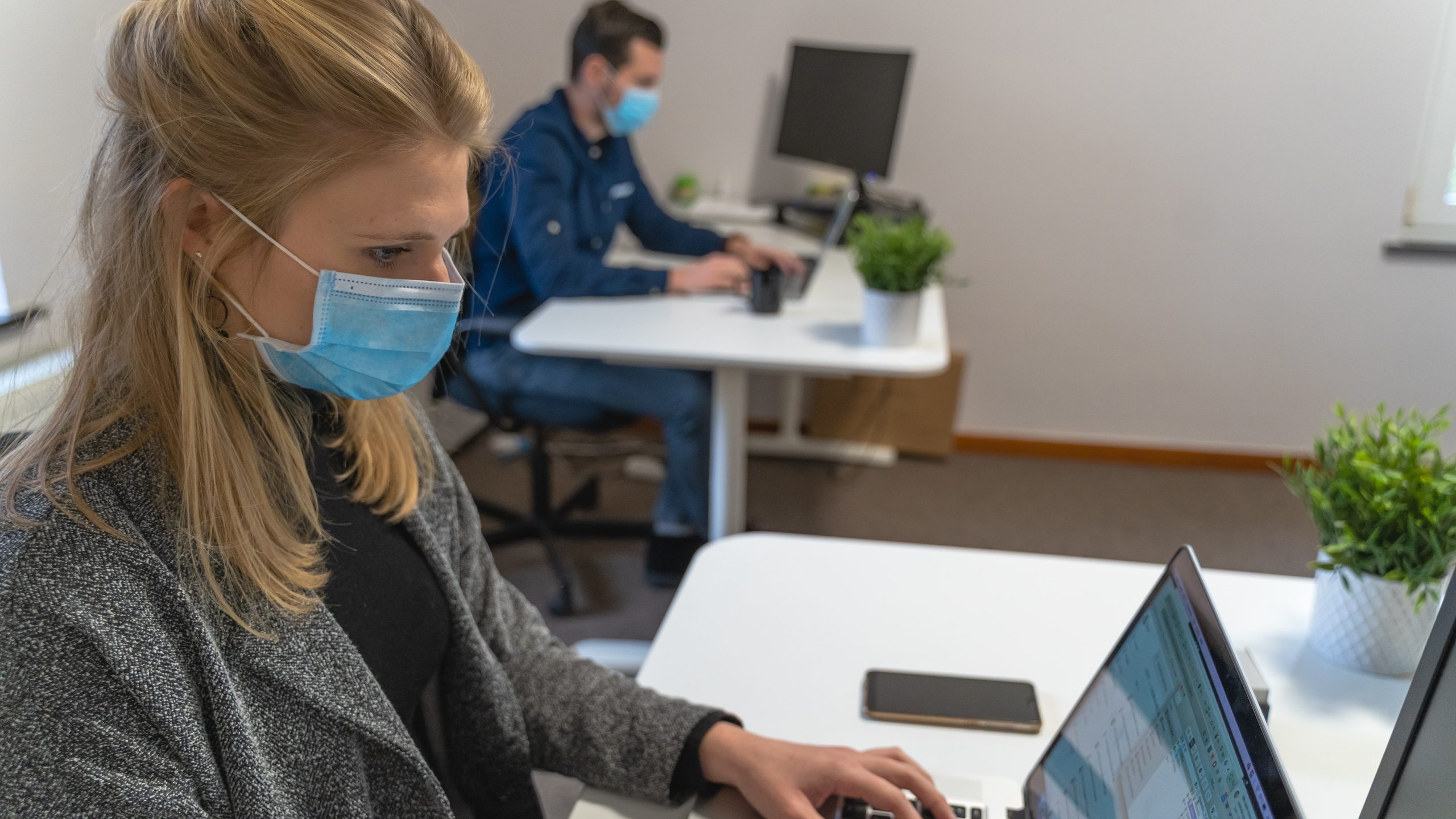Scott Dylan Explains How Employers Can Protect Employees Who Have Long COVID
Five tips to keep your employees and your business safe when a team member has Long COVID.
The immediate effects of COVID-19 can be detrimental for workplaces, many of which have faced job cuts, revenue challenges, and major shifts in working patterns. But what about the even longer-term impact of the coronavirus? 18 months since the onset of the pandemic, around 376,000 people in the UK have been experiencing symptoms for over a year. These people are unfortunate enough to have contracted Long COVID.
Amongst these people, the private equity and distressed M&A investor Scott Dylan has suffered from Long COVID while leading the strategy at the capital investment agency Fresh Thinking Group. Low energy levels, a foggy memory, and confusion have made leading the group’s strategic operations difficult to say the least, especially as Scott Dylan has spent much time working from bed.
It’s one thing to oversee a group’s operations while coping with Long COVID, but, here, Scott Dylan explains the steps employers can take to manage and support employees who come down with the illness. This is especially important now that businesses are making the shift from COVID-19 prevention measures to support measures.
What Is Long COVID?
According to the NHS, those who have Long COVID experience symptoms and other side effects long after initially contracting the virus. These symptoms can range from heart problems to breathlessness, joint and muscle pain, and neurological problems like fever, exhaustion, lack of concentration, and mental health issues. PTSD UK has even found that Long COVID can trigger cases of post-traumatic stress disorder. Many people who have or have had Long COVID are struggling with PTSD following their hospital experiences, fear of ongoing ill health and/or death, and isolation from loved ones.
Anyone can contract Long COVID, regardless of underlying health conditions or age, which means the virus can affect a huge portion of the working population – not just those threatened by the mortality risk of COVID-19.
Long COVID can leave people unable to work for months, posing huge challenges for employees, their colleagues, and their managers. So, how can employers prepare to keep their businesses afloat and protect their employees when a member of their team comes down with Long COVID?
Protecting Your Employees and Business When a Team Member Has Long COVID
Scott Dylan recommends five tips that employers can use to support employees who have Long COVID. These tips can also minimise disruption to business operations.
The most important thing to remember is not to apply a blanket approach when supporting your team. Long COVID can manifest in several ways, so it’s essential to address your employee’s specific condition and find solutions based on how Long COVID affects them. Taking action as early as possible should also help you improve outcomes.
- Keep an eye on employees who have Long COVID but are trying to work at their usual pace. Many people who have the virus can’t fulfil their usual job loads.
- If an employee can’t manage their workload because they have Long COVID, reduce their hours or encourage them to take time off before a phased return. Also, don’t pressure employees to return to work too quickly. This will likely make the problem worse, not solve it. In the meantime, restructure the team to cover the additional workload.
- Keep in contact with employees who are on long-term leave. Otherwise, you risk the employee feeling disengaged, which can make them less likely to return to work at all. Failure to look out for employees who are on long-term sick leave can also harm wider workforce relations.
- If in doubt as to what action to take, seek occupational health advice to identify the adjustments you can make to best accommodate employees who have Long COVID (or other conditions that could be classed as disabilities).
- Invest in health assessments to gain situation-specific advice on how to support your employees.
Keep in mind that failing to support an employee who has Long COVID could lead an employer to the wrong side of an employment tribunal decision. It’s important to follow these steps, invest in support measures, and get medical evidence of the protection you’ve provided for employees.
Catch up with more of Scott Dylan’s insights.
About Scott Dylan
Scott Dylan is the co-founder and key partner of Fresh Thinking Group, which provides the guidance and capital injections businesses need to flourish. Three types of businesses find Fresh Thinking Group’s direction invaluable: healthy companies that are looking to grow, distressed companies that need funding and redirection strategies, and start-ups that don’t have the resources to get off the ground. Fresh Thinking Group provides the helping hand these businesses need to ramp up their digitisation strategies and navigate new routes to business transformation.
Having spent 20 years nurturing business success for companies in technology, e-commerce, digital, and logistics sectors, Scott Dylan offers a wealth of expertise not only in digitisation and business development, but also in managing buyouts and acquisitions. He works with businesses to both preserve and enhance their brands, offering the essential tools they need to reach their goals in competitive post-pandemic industries.

